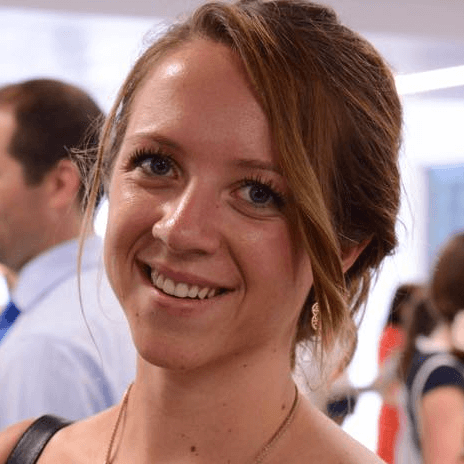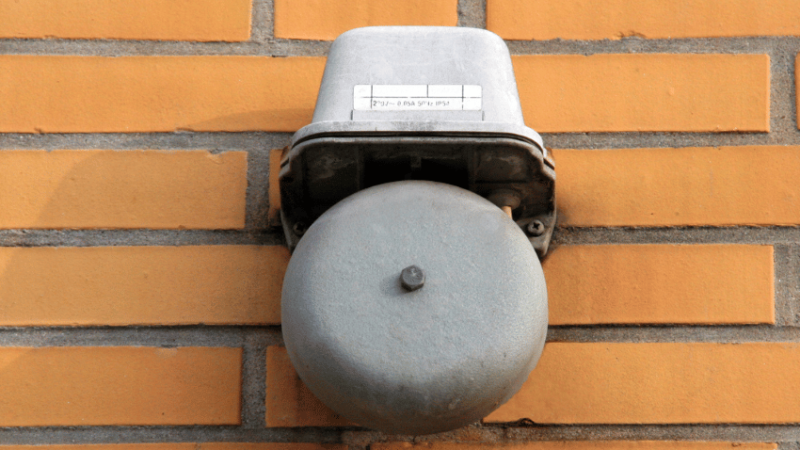Social Justice in Education Must be More than Just Words

Talk of ‘social justice’ in education sounds good, says Holly Rigby – but all too often, the reality doesn’t match the rhetoric…

- by Holly Rigby

‘Social justice’ has become the favourite buzzword of politicians when it comes to education today. Charities like Teach First and the Sutton Trust have dedicated their missions to it, and many academy chains emblazon it proudly on the front of their school buildings. But the meaning of social justice in education remains as elusive – and contested – as ever.
If we listen to Nick Gibb, or Michael Gove, social justice means making sure that ‘talented’ and ‘hardworking’ children from disadvantaged backgrounds reach the ‘glittering prizes’ available to their more wealthy peers.
What are these coveted rewards? A brief perusal of the Sutton Trust website suggests it’s a place at Oxford University, or perhaps a job in KMPG or corporate law.
What becomes clear is that by this definition, ‘social justice’ is in fact ‘social mobility’, with a meritocratic gloss.
It appears to mean accepting that society is deeply unequal, but that it is the responsibility of teachers to make this inequality more ‘fair’ by ensuring that there are some ‘poor faces in high places’.
As a teacher, I don’t think that this is a particularly inspiring vision for education. In fact, this social justice rhetoric is hiding the reality that there are only a handful of stories where individual working class children reach these ‘glittering prizes’, despite how often these tales are repeated.
What happens next?
It has historically been very difficult for schools to maintain accurate destination data for their students; as a consequence, teachers tend to know very little about the reality of life after school for the young people they teach.
I have taught in one of the most deprived boroughs in London for the last five years, and also live in the community where I teach. This gives me an insight into my former students’ lives, because I encounter them and their families day to day in the area where I live.
I do have former students who are now studying at Cambridge and other Russell Group universities. But I have also bumped into ex-pupils on the check-out in Morrisons and on the shop floor at JD Sports.
I have heard from others who dropped out of college because they are caring for families, or who are not working at all.
The tragedy of losing two young people I’d taught to the youth violence epidemic that has long plagued London’s most deprived communities still hangs heavy in my mind.
Within this context, scooping up a handful of the most ‘talented’ students and giving them an ‘escape route’ from their communities, whilst the friends and families they must leave behind remain locked out of society, doesn’t feel much like social justice to me.
If teachers were more honest with themselves about the deeply unequal society that our former students find themselves in, we might reconsider what we mean by education for social justice in Britain today.
The real difference
Schools alone cannot narrow the inequality in our society. The reality is that teachers simply do not make a significant difference when it comes to changing most young people’s material life chances.
In order for that to happen, we need a fundamental redistribution of wealth and power from the top of society to the majority who create it.
But teachers do not have to wait for the revolution to make a crucial difference to learners’ lives. I teach because I want my students to live a life of dignity and culture – whether they become a care worker or a barrister.
I teach to nurture the self-acceptance in my pupils that will be necessary for them to have healthy, flourishing relationships with others.
I also think that education should be a collective good. Surely one of its purposes should be to create a new generation of young people committed to overturning the inequality that blights our society?
We should encourage young people to address the problems they see in their communities, not offer a selected few a route out of poverty. That definition of social justice sounds far more urgent to me.
Holly Rigby is an English teacher and activist in the National Education Union Young Teachers Network. Follow her on Twitter at @hollyarigby.










